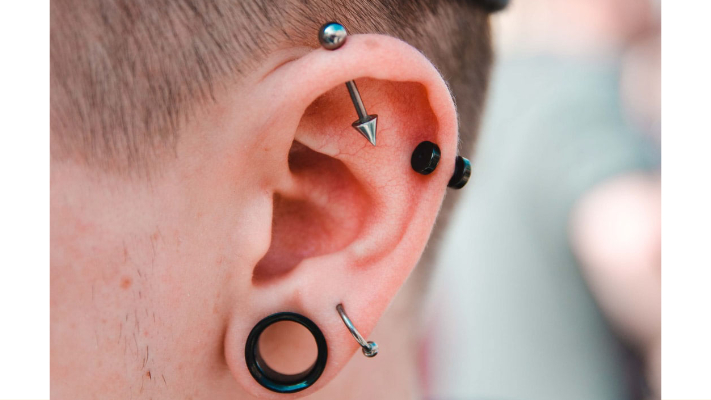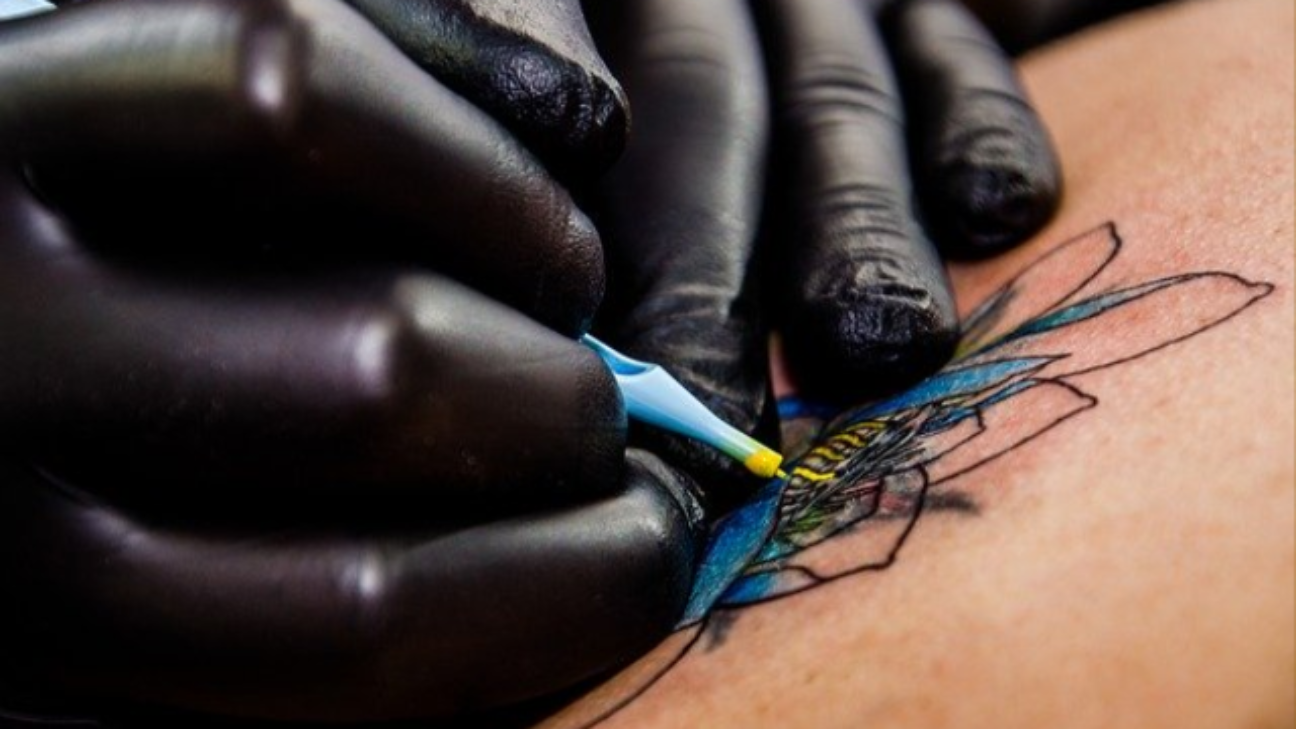
Popular Tattoo Placements: Where Do I Put My Tat?
January 23, 2020
3 Common Myths About Cartilage Piercings
February 14, 2020Tattoos and body piercings are a great way to express yourself. But body expression comes with minimum age requirements that differ from state to state.
The best way to know if you can get a tattoo or body piercing is to contact a professional tattoo shop to ask. About 49% of those with tattoos agree that the reputation of the tattoo studio is the most important factor when choosing where to get inked.
What do I need to know about tattoo and piercing laws?
By law, a minor is anyone under the age of 18 in the United States. Laws regarding minimum ages for tattoos and body piercings vary by state.
It should be noted that every tattoo and piercing shop has the right to enforce their own guidelines. That means a shop has the right to refuse to tattoo or pierce minors even with the consent of their legal guardian.
If a minor is legally allowed to get a tattoo or piercing with the consent of their legal guardian, legal guardianship needs to be documented and proven. Legal documentation of emancipated status is required if you’re an emancipated minor. When a state’s tattoo or piercing laws require notarized consent from a legal guardian, that means your legal guardian must come to the tattoo shop and provide proof of signature in person.
Which states require written/notarized consent?
State laws vary when it comes to written consent from a legal guardian. Some states require only written/notarized consent from a legal guardian for both tattoos and piercings, including earrings. Other states require both written/notarized consent and the presence of a legal guardian at the time of the procedure.
States that only require written/notarized consent include:
- Alabama
- Colorado
- Connecticut
- Delaware
- Florida
- Georgia (piercings only)
- Hawaii
- Kentucky
- Maine (piercings only)
- New Jersey
- New York (piercings only)
- South Dakota
- Utah
- Vermont
- West Virginia
The states that require both written/notarized consent and the presence of a legal guardian include:
- Alaska
- Arizona (piercings only)
- Arkansas
- California (piercings only)
- Idaho (over age 14 only)
- Illinois (piercings only)
- Indiana
- Kansas
- Louisiana
- Massachusetts
- Michigan
- Minnesota (piercings only)
- Missouri
- Nebraska
- New Hampshire (piercings only)
- New Mexico
- North Dakota
- Oklahoma (piercings only)
- Pennsylvania
- South Carolina (piercings only)
- Tennessee (piercings only)
- Texas (piercings only)
- Wisconsin (piercings only)
- Wyoming
In Minnesota, Missouri, Montana, North Carolina, Ohio, Oregon, Rhode Island, and Virginia, written consent from your legal guardian needs to be witnessed by the piercer. This includes piercings like earrings as well.
Where can’t minors get a tattoo?
Many states only allow minors to get a piercing with the consent of their parent or legal guardian. Even with legal consent, here are the states where minors aren’t legally able to get a tattoo:
- Alaska
- California
- Georgia
- Idaho (under 14)
- Illinois
- Iowa
- Maine
- Minnesota
- Mississippi (no tattoos or piercings)
- New Hampshire
- New York
- North Carolina
- Oklahoma
- Oregon
- Rhode Island
- South Carolina
- Texas
- Washington
- Wisconsin
Iowa and Washington have no known laws about piercings (including earrings), but minors aren’t legally allowed to be tattooed even with legal guardian consent. Maryland and Nevada have no known laws about piercings or tattoos.
If you’re looking to get a tattoo or piercing in one of the professional tattoo shops Detroit has to offer like Elite Ink, you’ll need a parent or legal guardian’s informed consent and physical presence at the tattoo shop to get a tattoo or piercing. Your birth certificate and a copy of your ID and your legal guardian’s ID are also needed.


